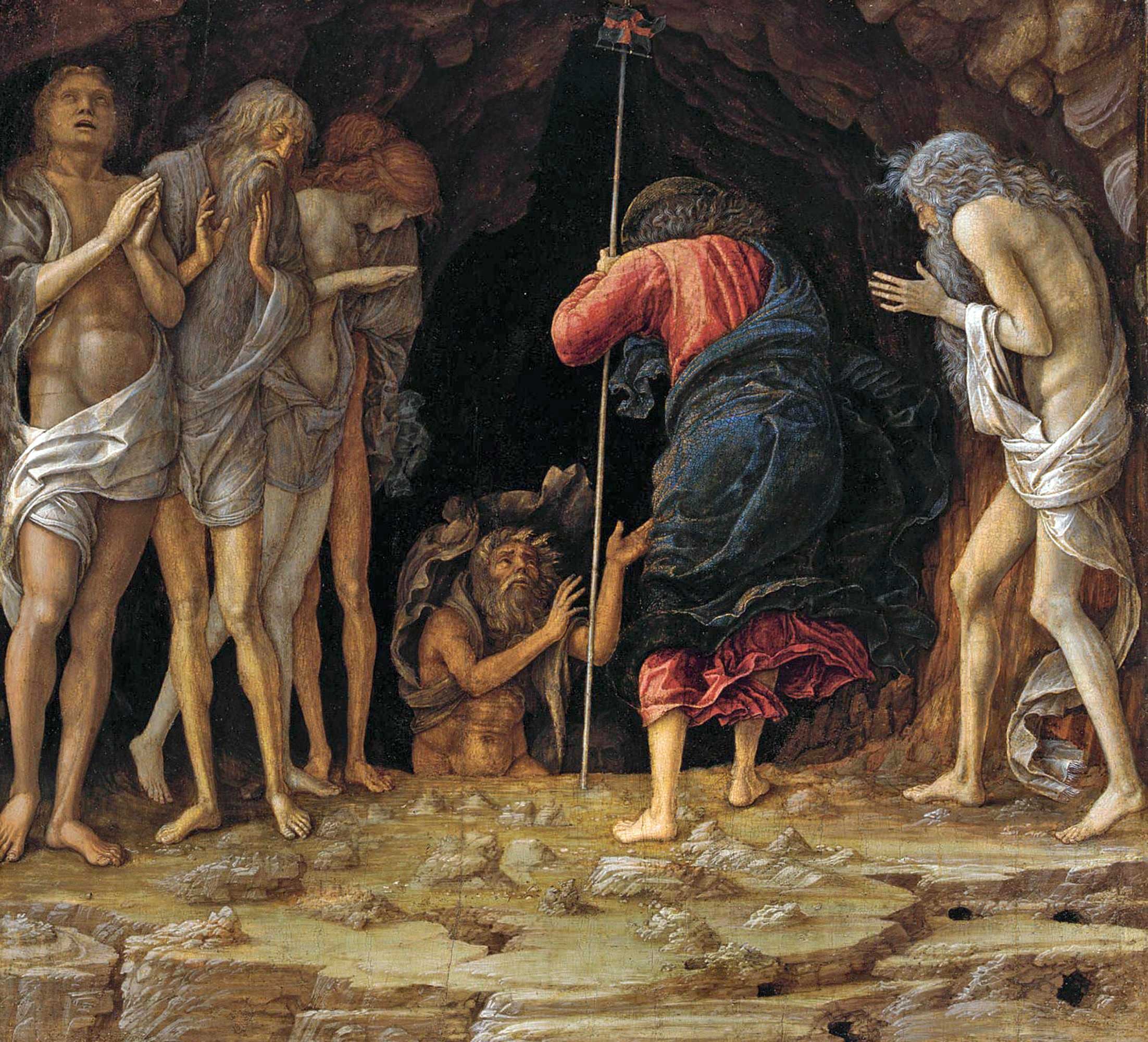Bach Cantata Day Information:
Holy Saturday or Sabbatum Sanctum
Saturday before Easter. Liturgical period : Lent.
Occurrences: March 30 2024, April 19 2025, April 4 2026, March 27 2027, April 15 2028, March 31 2029, April 20 2030, April 12 2031, March 27 2032, April 16 2033, April 8 2034, March 24 2035, April 12 2036, April 4 2037.
Music for this day
- Motets, BWV 225-230
(first performance 1723-1728?, Leipzig period)
Holy Saturday or Sabbatum Sanctum is also called "Silent Saturday" because the church bells will not toll until Easter. I was unable to find any specific information on church services during Bach's time, but I suspect that there was probably no music allowed in mass (Tempus Clausum).
However, this is an official day on the liturgic calendar, so I'm eager to fill the slot with some of Bach's magnificent music. I've chosen works where at least the orchestra remains silent: the wonderful Motets BWV 225 to BWV 230, here in a great recording by Philippe Herreweghe and the Collegium Vocale Gent.
A lot is not known about these Motets, but BWV 228 appears to have been written in Weimar, and the others in Leipzig between 1723 and 1728. They are probably written for funerals, so they are appropriate for this Silent Saturday. They are also the only vocal works by Bach that stayed in the repertoire after Bach's death up until the Bach revival in the 19th century. They were also among the first music by Bach ever to be printed.
Extra information
The Netherlands Bach Society website has more information and a performance of BWV 226:
https://bachvereniging.nl/en/bwv/bwv-226/
Playlist
WBC27-Holy Saturday or Sabbatum Sanctum

Choose one of these streaming services to listen to this playlist:
Image of the day

The Harrowing of Hell by Andrea Mantegna, around 1470. An important part of Mediaval Easter traditions, the Harrowing of Hell describes the descent by Christ into Hell between his death and resurrection to release the innocent victims of the devil.